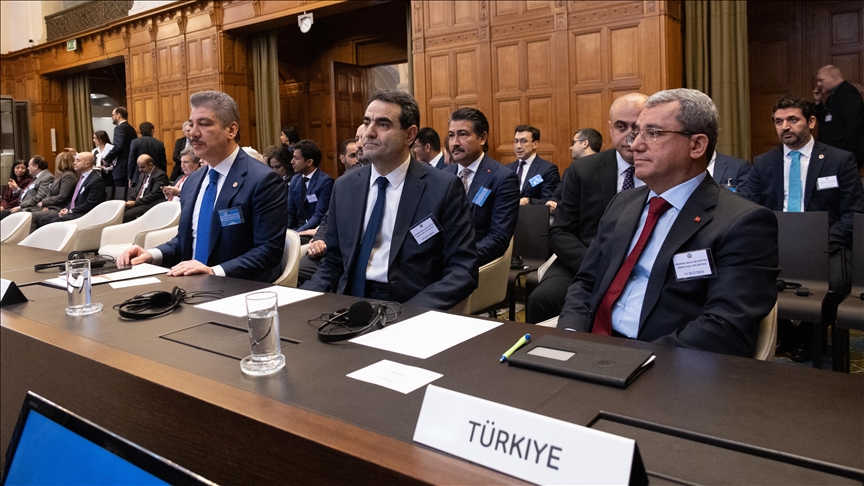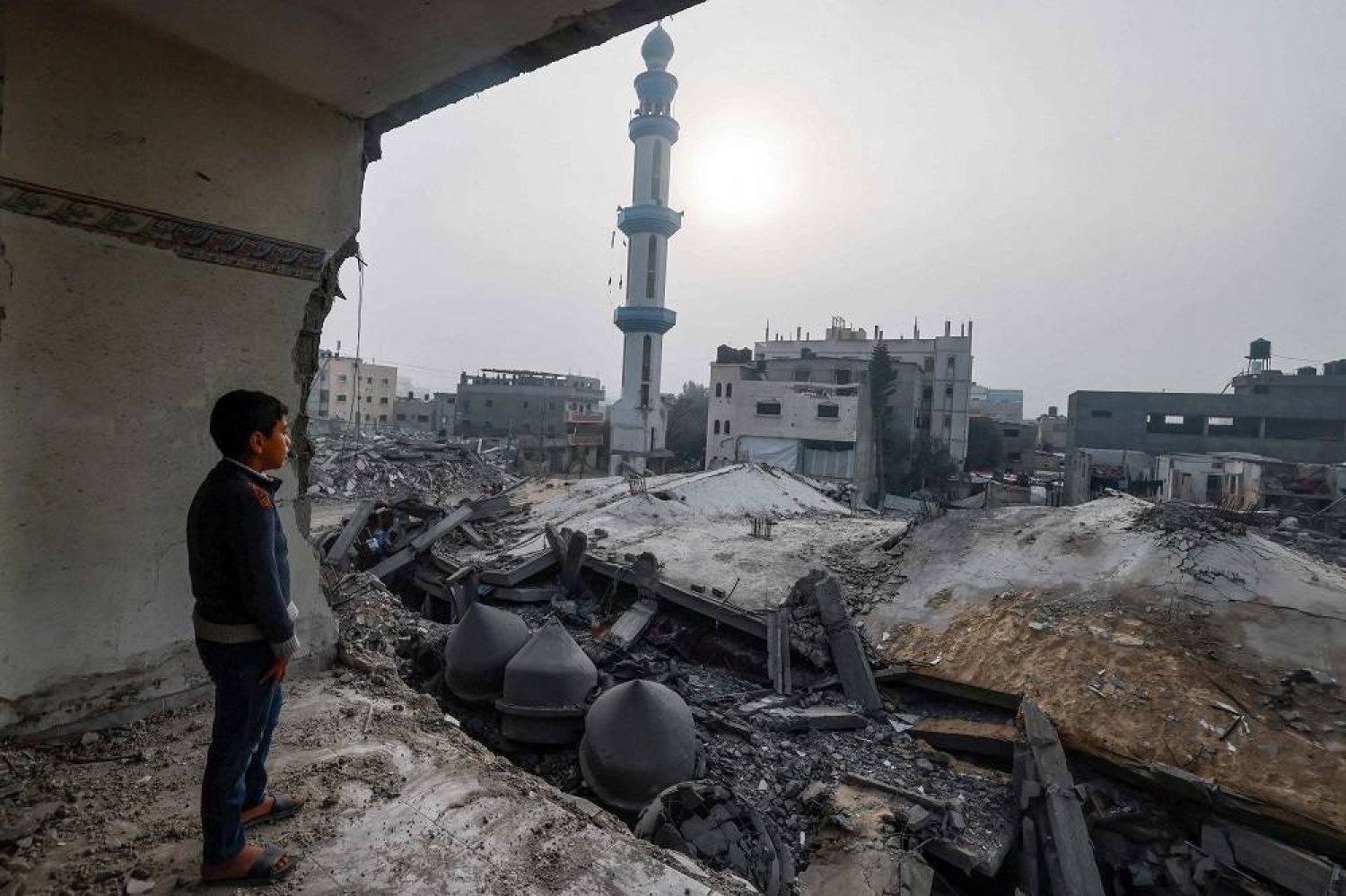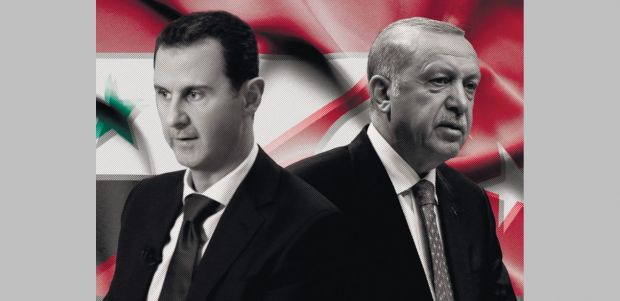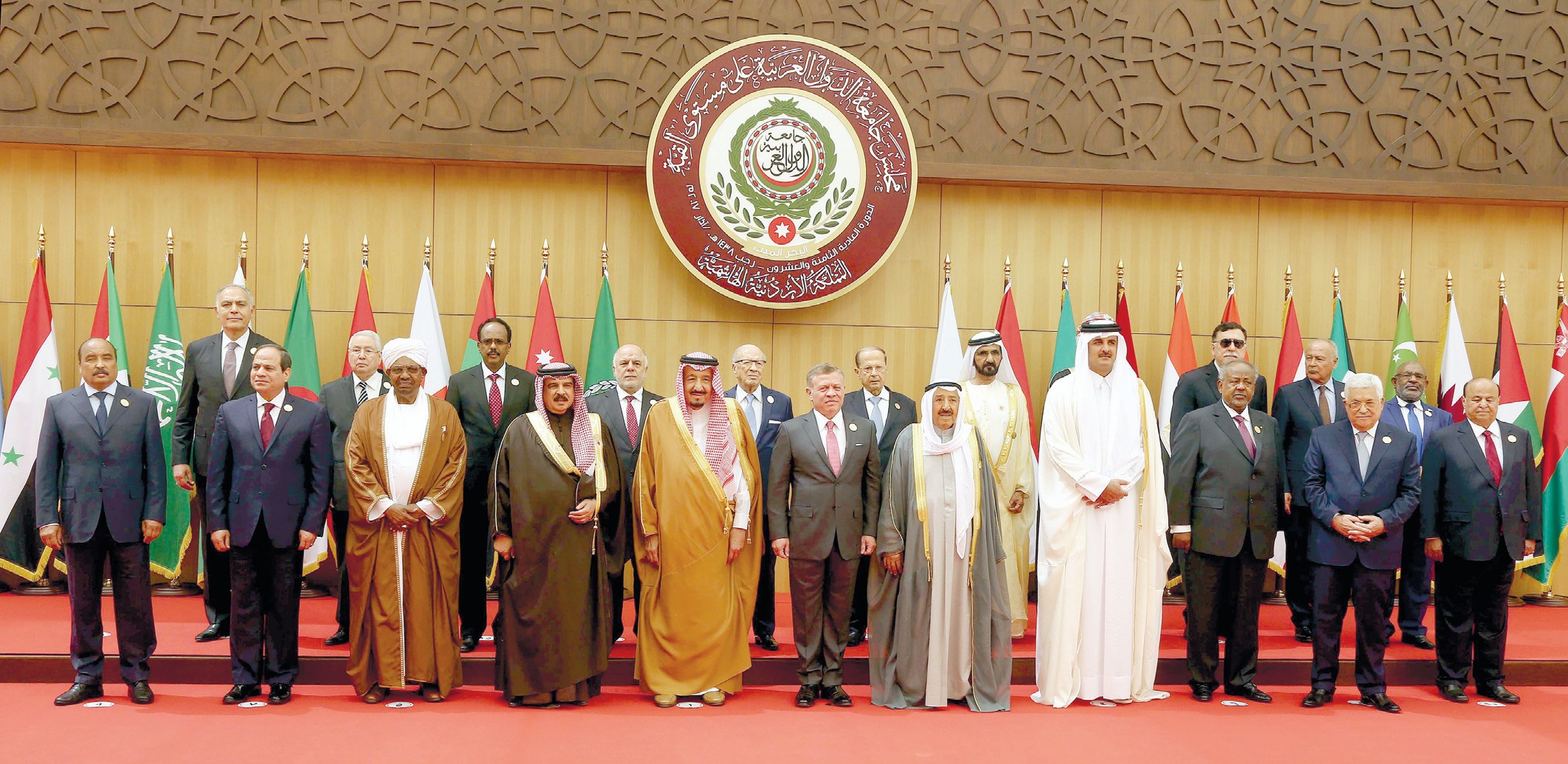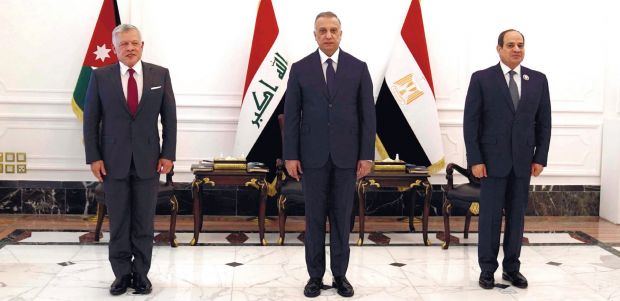
A summit of the heads of state and government of Egypt, Jordan and Iraq was held in Baghdad on June 27 2021. Egyptian President Abdel Fattah al-Sisi and Jordanian King Abdullah II arrived in Baghdad to participate in the trilateral meeting. Al-Sisi actually became the first head of the Egyptian state to pay an official visit to Iraq after the 1990 Gulf War, after Iraq's invasion of Kuwait. Back in the time, the occupation of Kuwait by Saddam Hussein seriously cooled the relations of Iraq with the entire Arab world. The wars that followed resulted in the isolation of Iraq and the overthrow of Hussein's government in 2003.
But now there is neither Saddam Hussein nor Hosni Mubarak. The Middle East has changed drastically. In this sense, the Baghdad summit can be a harbinger of new relations in the Arab world, although it was not an unexpected political event. Previously, the leaders of Egypt, Jordan and Iraq met in Cairo and Amman in 2019 and 2020, respectively. But, of course, the very holding of such a meeting indicates that the countries of the region have long-term plans and goals.
Origins of improvement
Let us recall some of the reasons for the meeting of the leaders of Egypt, Jordan and Iraq. This event is definitely a political priority for Iraq, which aims at improving its relations with the Arab states of the region. In fact, Iraq has long sought to avoid Iranian influence and regain its active role in the Arab world. One of the key missions of the country's influential religious and political figure, Muqtada al-Sadr, a Shiite theologian and leader of the Al-Sairoon movement, which won the 2018 parliamentary elections, was to improve Iraq's relations with the Arab world. To this end, al-Sadr repeatedly visited Saudi Arabia, which at that time had tensions with Iraq, and met with King Salman, as well as Crown Prince Mohammad bin Salman, who was responsible for the country's policy. According to experts, this is how al-Sadr tried to withdraw Iraq from Iran's sphere of influence and restore his country's former influence in the Arab world.
Mustafa al-Kazimi, a former journalist and intelligence officer who came to power in Iraq after protracted protests in the country in early 2020, continued that line. Al-Kazimi tried to restore former ties by visiting leading Arab countries in the region, including Egypt, Jordan and Saudi Arabia.
Another reason for holding the trilateral meeting can be the US policy in Iraq. According to many Western analysts, Washington seeks to bring Baghdad closer to other regional Arab states in order to reduce Iran's influence on Iraq. And it is the United States that is pushing Egypt, Jordan and Saudi Arabia to improve relations with Iraq.
Politics or Economics?
Certainly, there are other factors behind the rapprochement of these three countries, which can be conditionally divided into two parts - current economic interests for the near future and strategic objectives.
As a result of deepening ties between the three countries, Egypt and Iraq signed at the beginning of this year a total of 15 agreements on cooperation in the field of energy. According to these documents, Egypt will invest in Iraq's power generation and upgrade the country's energy infrastructure. This is quite a logical move, as Iraq has been suffering from power shortages for several years. And in the past two years, especially in the summer months, this has become the reason for endless protests in the country. In return, Iraq agreed to send 12 million barrels of oil to Egypt.
In 2019, Jordan and Iraq signed similar agreements on economic, energy and trade cooperation. Unlike Egypt, there is a land border between these countries, which allows the construction of oil and gas pipelines, as well as the development of joint industrial zones. In addition, Iraqi oil should be delivered to Egypt through the Jordanian port of Basra-Aqaba.
However, some Iraqi parliamentarians and experts are not quite optimistic about the economic partnership between Egypt and Jordan. They believe that these countries have serious economic problems, which makes it almost impossible for them to rebuild Iraq. In this context, the above summit and the visit of the leaders of Jordan and Egypt to Baghdad after a long break, some believe, have more political than economic context. For the past seven years, Iraq has been fighting ISIS and its remnants in the country. Moreover, the 2017 military operations against the de facto independent Kurdish administration in the north of the country indicate serious security problems in the country. As well, the public and political protests that began in 2019 and lasted for more than a year led to a change in the Iraqi government. Iraq is currently preparing for the elections slated for autumn this year. In this regard, political support and efforts to ensure security in Iraq are more important for Baghdad than the economic support of Egypt and Jordan.
Secret rivalry
Although the new format of cooperation brings forward the idea of freeing Iraq from Iranian influence as a priority, other motives are also possible. In 1989, the presidents of Egypt, Yemen and Iraq - Hosni Mubarak, Ali Abdullah Saleh and Saddam Hussein, as well as King Hussein I of Jordan established a cooperation format called the Arab Cooperation Council. In fact, it collapsed a year later as a result of the Iraqi invasion of Kuwait, but the alliance became an obvious manifestation of the rivalry that has long existed between Arab monarchies and republics. Sometimes it even resulted in military clashes. Much of this rivalry was fuelled by Egypt during the early years of the then President Gamal Abdel Nasser. ‘Thanks to’ his efforts, the influence of left-wing nationalist sentiments soon increased in the Arab world, and predominantly armed left-wing groups even sought to seize power in Iraq, Yemen, Libya, Syria and some other Arab countries. As a result, the Arab monarchies of the Middle East were quickly replaced by republics in the 1950s and 1960s. And the monarchies considered the new trend a direct threat to their national security. It is possible to understand them, given how quick were the processes of overthrowing the Arab monarchies and replacing them with republics.
For example, during the 1962 coup in Yemen, when the military overthrew the millennial-long imamate in the country, Saudi Arabia and even the Shah's regime of Iran supported the military campaign to restore the previous state system, while the Yemeni Republicans were supported by the Egyptian government led by Nasser. During and after this period, a secret rivalry between monarchies and republics continued in the Arab world. And it is only the Palestinian issue, which continues to unite the Arab-Muslim states around a common goal.
Despite the strong and active military-political positions of the Arab republics in the initial period of their existence, after the 1990s, monarchies took a dominant position in the Arab world thanks to income from the export of hydrocarbons, growing military and political support from the West and a stance to defeat and isolate Iraq, Libya and Syria. The Arab Spring and the events that followed it marked the heyday of the Arab monarchies.
The Baghdad summit is somewhat reminiscent of the 1989 agreement, while the establishment of a new political bloc between Iraq, which is in ruins, and Egypt, which needs assistance from wealthy Arab monarchies, seems unlikely. But the questions on the territorial affiliation of some Red Sea islands, pressure on Jordan from a coalition led by Saudi Arabia, and an attempted coup in the country indicate the existence of weak but clear attempts to resist. On the other hand, there are evident differences on certain issues between Egypt, the UAE and Saudi Arabia. For example, Egypt's dispatch of a diplomatic mission to Syria, contrary to the interests of its allies in the Persian Gulf, and even military cooperation offered to Bashar al-Assad, coupled with Moscow's attempts to bring Assad closer to al-Sisi.
Iraq is a country with lucrative energy prospects. Jordan, Iraq, Egypt, and later Syria can lay the foundation for a new Arab union of economic and military powers. If the perspective alliance promises Iraq mainly resistance to Iranian influence, and a guaranteed decrease in pressure from the neighbouring monarchies to Jordan, then for Egypt this will mean getting rid of dependence on the same monarchies.
New Middle East
In this sense, the rapprochement between Egypt, Jordan and Iraq is a new perspective for the Arab world. But not in the near, but in the distant future. In the short term, this process will mean the separation of Iraq from Iran, the supply of Iraqi oil to Egypt, as well as new energy and economic projects for Jordan.
Arab political scientists have already come up with a name for the future union - Sham al-Jadid, which means the New Middle East. Interestingly, the same expression was used by Iraqi Prime Minister al-Kazimi during his visit to the US last year.
By the way, al-Kazimi previously was the main mediator in several negotiations between Iran and Saudi Arabia, already held in Baghdad, which also underlines the growing political role of Iraq in the region.
Thus, the Baghdad summit serves the current interests of Iraq, including the resumption of the country's political and diplomatic activity in the Middle East after a long pause, identification of Arab allies, provision of the necessary support in the elections and establishment of economic ties. In addition, Jordan and Egypt are already taking active steps to increase energy and economic cooperation in the region by creating a Middle East-North Africa axis with Iraq and restoring their old alliances.
This adjustment of the political map of the Middle East is also in the interests of global players, given that the total population of the three states under is half of the total population of all Arab states. And Syria's joining to the troika in the near future will contribute to the emergence of a new centre of power in the region.

